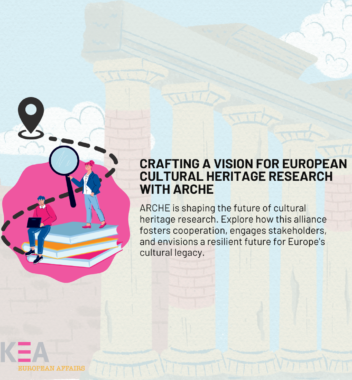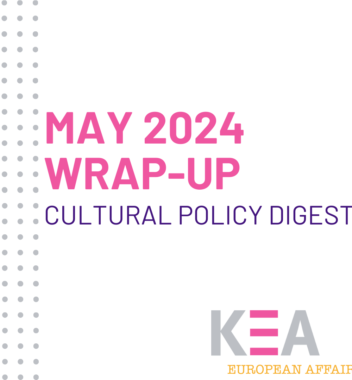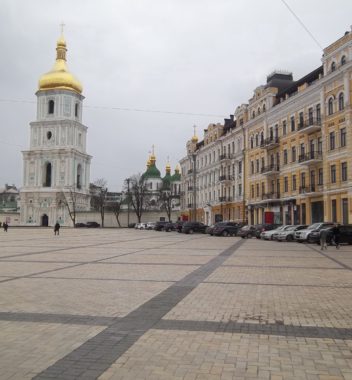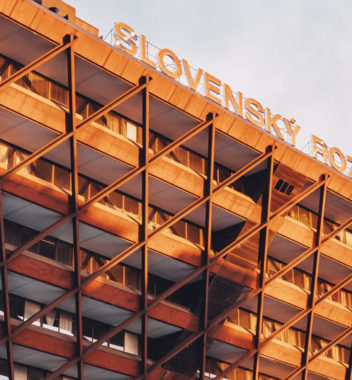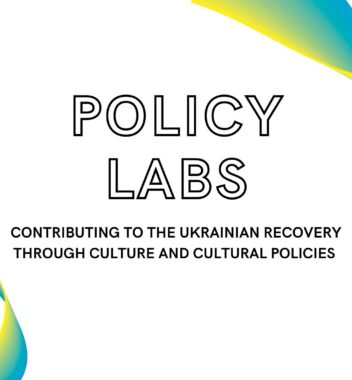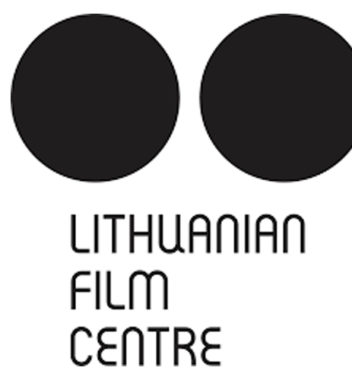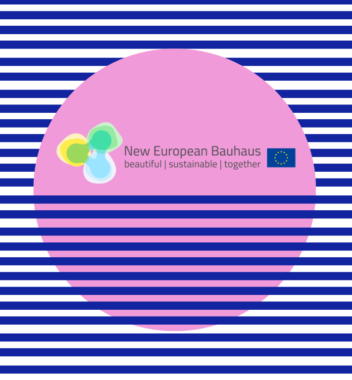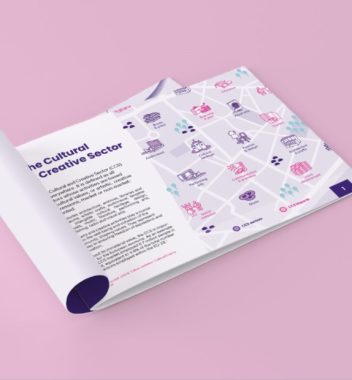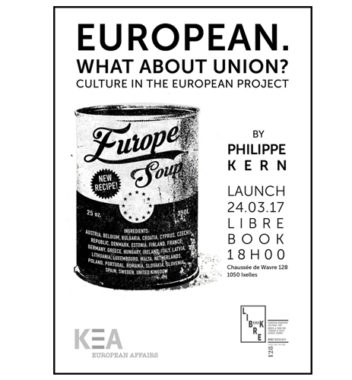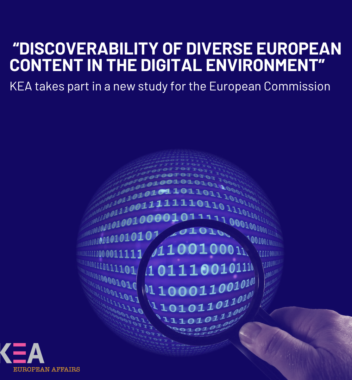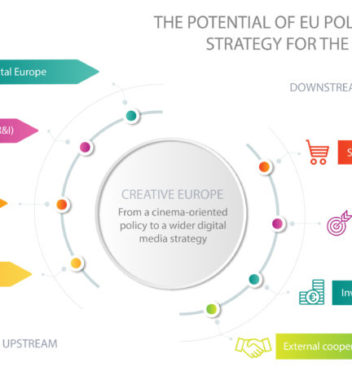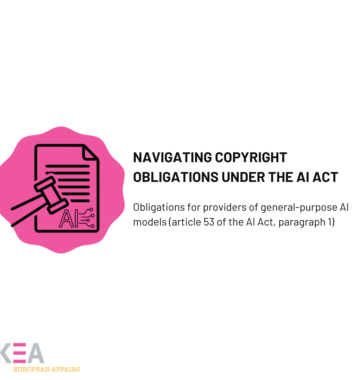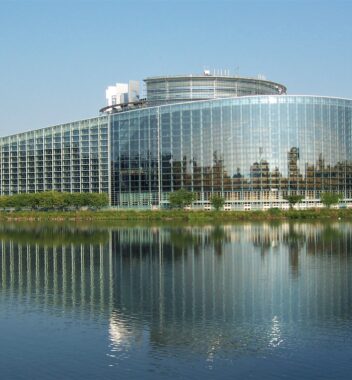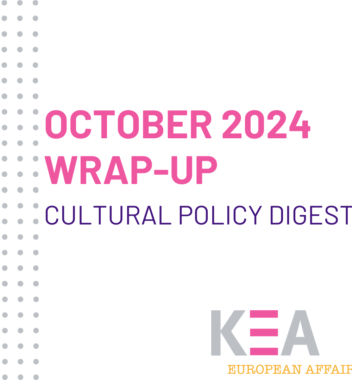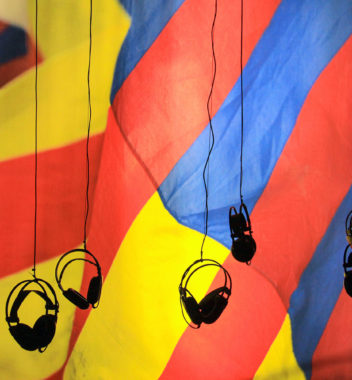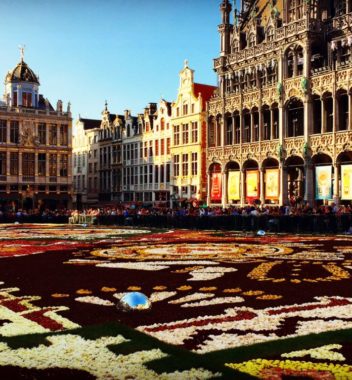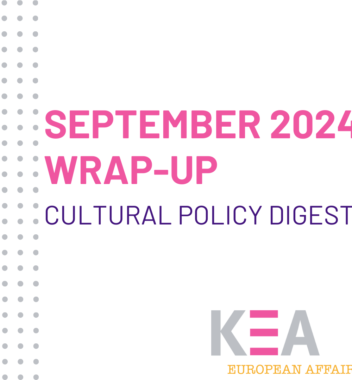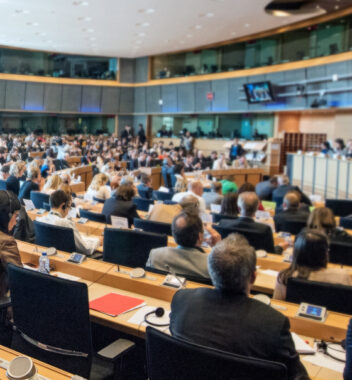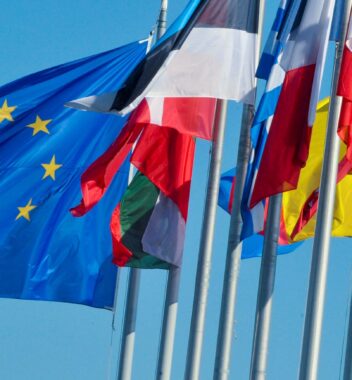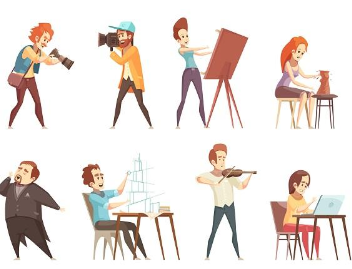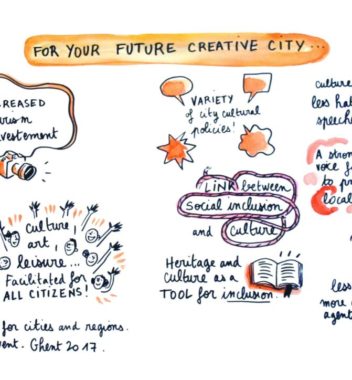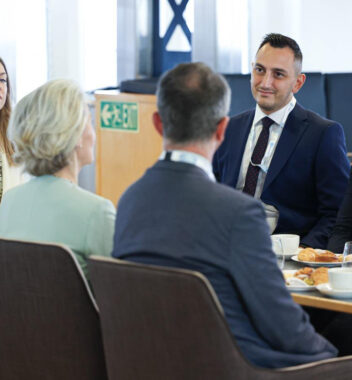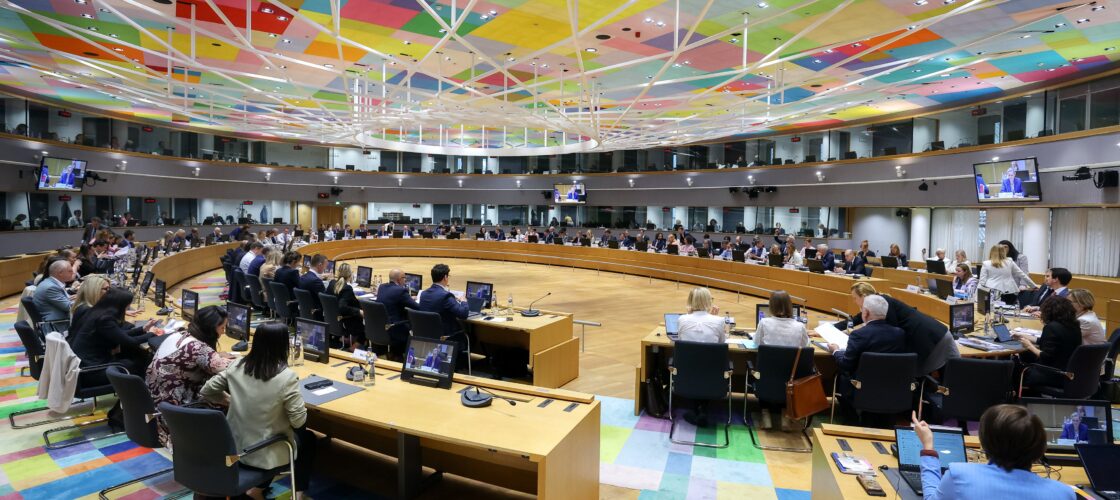
The May 2025 Council meeting showed a strong sense of consensus amongst Ministers representing their Member States and Glenn Micallef, the European Commissioner for Intergenerational Fairness, Youth, Culture and Sport regarding the role of culture in the European project. Culture is not a mere accessory to European policy, it is central to it. Whether as a driver of democracy and European values, a pillar of international cooperation, or a source of societal well-being and solidarity, Ministers and the Commissioner strongly positioned culture as a strategic resource with an important role to play in the current geopolitical climate.
According to the most recent special Eurobarometer on Culture, which was published only a few days prior to the meeting, 87% of respondents agree that culture and cultural exchange should have a very important place in the EU, so that citizens can feel more European. More than 85% of the respondents agreed that culture and the arts are important for welfare and economic development. Commissioner Micallef also pointed to the results of the new Eurobarometer, highlighting the importance of citizens’ response to culture and promising that their views will be taken into account in the development of the Culture Compass and the ensuing negotiations regarding the EU’s next long-term budget, the Multiannual Financial Framework (MFF) 2028-2034.
“Culture only exists through people. That means we must support the people who create it.” Glen Micallef
With global challenges reshaping the European Union’s priorities, this meeting of the EU’s Culture Ministers offered critical insights into how the EU intends to reposition culture as a strategic asset for resilience, security, cohesion and European identity. From (young) artists’ precarious working conditions to the potential risks of generative AI, keeping the Audiovisual Media Services Directive (AVMSD) ‘fit for purpose’, and the future of cultural policy at the European level, this was a meeting that showed great insight into Member States’ and the European Commission’s priorities in the field of culture and sport.
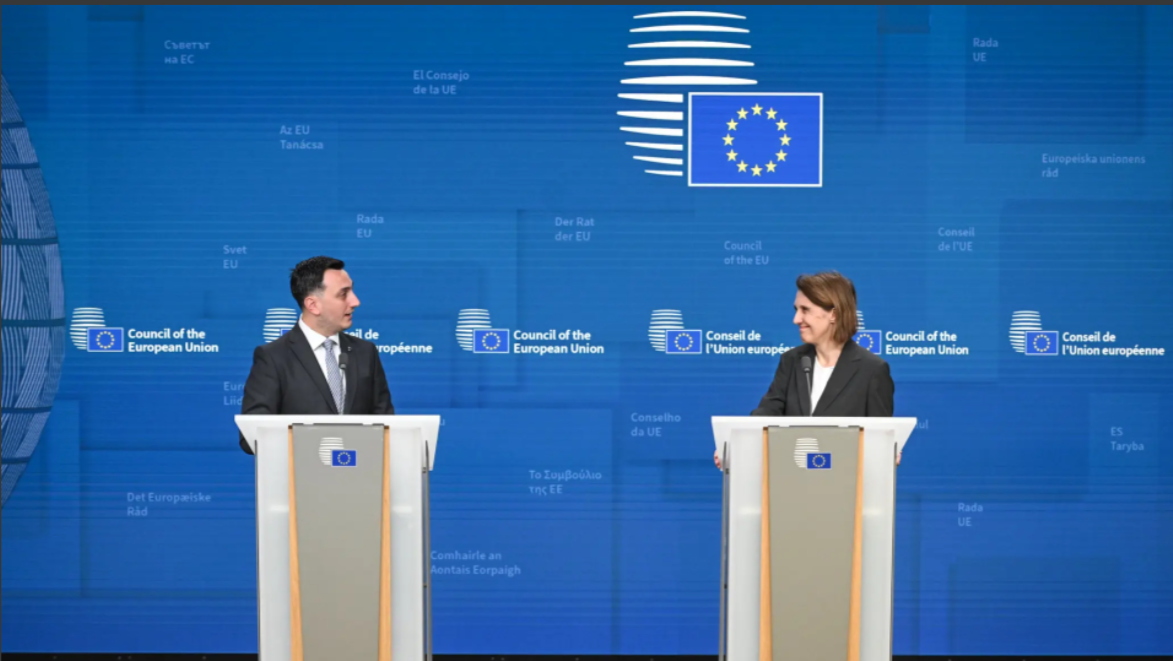
The need for supporting (young) artists and cultural and creative professionals
This meeting closely followed up on the informal meeting of EU Culture Ministers which was organised under the auspices of the Polish Presidency of the Council of the EU in Warsaw early April. Central to that meeting were discussions around the situation of young artists on the labour market as well as the underlying strategy of the Culture Compass.
One of the main agenda points and key topics of discussion for the Brussels meeting was the adoption of Council conclusions on supporting young artists and cultural and creative professionals at the beginning of their careers. Responding to the European Parliament’s legislative initiative on the status of artists in Europe, Micallef stated that the European Commission is currently undertaking a gap analysis to identify how EU rules apply to the working conditions of artists in order to deepen their understanding of the social and economic implications that artists and cultural and creative professionals are facing. Micallef also announced that he will be organising a high-level roundtable on the topic, and that the Commission will integrate the findings in the ongoing work on the Culture Compass to ensure that (young) artists are not left to their own devices in their transition into the labour market.
“Culture has to pay the rent.” Glen Micallef
Overall, Ministers recognised the increasing levels of precarity of emerging creatives, whose irregular income and exclusion from social protection systems pose systemic risks for Europe’s cultural landscape and its cultural diversity. Spain highlighted added challenges in rural and peripheral areas, while France, Greece and Ireland insisted that improving working conditions and fair remuneration is not only a social priority, but also a strong cultural imperative with consequences for the European community: a vibrant European cultural space cannot be sustained without ensuring that artists and cultural professionals are adequately protected and supported in their working conditions.
Culture Compass: a strategic framework for future EU cultural policy
Another main point of discussion was the development of the Culture Compass, a strategic initiative led by the Commission ‘to guide and harness the multiple dimensions of culture.’ The Compass is intended to define the EU’s long-term vision for culture across its different policies. It is set to be principle-based, with culture integrated into broader domains such as security, social inclusion, green transition and digital innovation.
Against the backdrop of the recently published Eurobarometer on culture, the Culture Compass aims to:
- Reaffirm European cultural diversity and the importance of artistic freedom;
- Improve working conditions and remuneration of artists and cultural professionals;
- Help the culture and media sectors to navigate technological developments with regard to generative AI and the digital transition;
- Unlock the competitive potential of the cultural and creative sectors;
- Ensure artistic freedom and intergenerational fairness;
- Promote culture as a vector of democratic resilience and international cooperation.
Many Ministers underlined the importance of avoiding duplication with existing frameworks, namely the role of and functioning of the Creative Europe programme. Luxembourg and Austria pushed for the Compass to be visionary—not just an inventory of current challenges. France and Greece emphasised that it should be a political instrument capable of strengthening Europe’s strategic autonomy in the cultural sphere, while Member States such as Slovenia and Estonia stressed the need for the Compass to offer better support to smaller actors and cultural organisations in the sector.
A key theme that emerged in the discussion was the idea of culture as a pillar of European sovereignty and security. Denmark and Lithuania framed the cultural agenda as part of the EU’s democratic shield, essential in the fight against disinformation, extremism and geopolitical threats.
The future of Creative Europe
The second main agenda point was a debate on the future of the Creative Europe (CE) programme, in light of the upcoming MFF negotiations, in which every Minister took the floor.
Overall, ministers agreed that the programme should:
- Expand to address new domains (e.g. videogames, the loss of cultural heritage due to climate change, generative AI)
- Offer simplified access for small(er) organisations and individual artists;
- Strengthen its cross-border and inclusive impact.
On the question whether CE should stay a standalone, autonomous European programme, opinions slightly differed. Whilst the majority was of the opinion that the programme has been very successful, and therefore should stay autonomous so as to guarantee the continuation and diversification of the programme, others voiced preference of mainstreaming the CE into other policy domains.
In short, Ministers were not very keen on a fundamental overhaul of the programme; instead there was a general consensus of continuing to build on the programme’s existing strengths whilst improving its accessibility, flexibility, and its capacity to be more agile in responding to emerging challenges. But also to look into how to mainstream culture into other policy domains so as to recognise the role of culture as a pillar of European identity.
Multiple Member States—particularly the Netherlands, Czechia and Finland—stressed the need to ensure that CE supports diversity in both linguistic and geographical terms. Hereby naming the Culture Moves Europe mobility scheme, currently in its third year and having supported over 7,000 artists. Others – Greece, Lithuania, Bulgaria and Denmark – highlighted the instrumental role culture can, or has, to play in the EU’s security framework. The Commissioner joined Ministers in highlighting the success of CE, and Culture Moves in Particular, and stated that a long term vision on cultural policy needs to be embraced inter-institutionally, so that Europe does not forget it’s position as a ‘global cultural powerhouse’.
The AVMSD and the digital transition: how to stay fit for purpose
The Council adopted conclusions on the legal framework for audiovisual media and video-sharing platforms; these conclusions invite the Commission to assess whether the current AVMS Directive adequately addresses:
- New forms of content and platform-based professional activity;
- Protection of minors online;
- Digital transitions in the field of advertising
- Visibility and accessibility of European content;
- Risks and implications of disinformation.
The Commission’s evaluation of the AVMSD will be finalised by the end of 2026. Micallef acknowledged the Directive’s foundational value, but stressed that it must indeed evolve to remain ‘fit for purpose’ and adaptable amid shifting market dynamics and fast-paced technological developments. The Commissioner also took note of the call of Member States to look into the need for simplification of the Directive.
Culture and AI: towards a fair and sustainable digital future
The impact of generative AI on the creative ecosystem is undeniable and rapidly evolving, therefore, a group of Member States – Portugal, Spain, Italy and Hungary – launched a coordinated call to safeguard copyright and related rights in the age of AI, urging more transparency and enforceability in the upcoming Code of Practice under the AI Act.
The cultural sector has been vocal about the risks posed by generative AI, particularly to creative markets and fair remuneration of artists. Hence, Ministers called for:
- Transparency regarding training data for AI models;
- Prior authorisation by rights holders whose data will be used to train AI models;
- Frameworks for fair remuneration;
- Stronger dialogue at the highest level, not excluding cultural stakeholders.
The Commission confirmed it is currently analysing feedback on the voluntary General-Purpose AI Code of Practice and will work with the European Commission’s AI Office to ensure that cultural rights are respected in the broader regulatory framework. Here, too, the Culture Compass is expected to offer strategic guidance.
A note on sport: physical activity and the role of athletes in sport policy
While culture dominated the agenda, the afternoon session turned to sports policy. The Council adopted conclusions on promoting sport and physical activity in educational settings, to go against the worrying trend of declining levels of physical activities among youth and children across the EU.
The conclusions emphasise the need of integrating more sport and physical activities into school curricula—both in- and outside the classroom— for improving physical and mental health. Ministers also debated the role of athletes in policymaking, calling for a more structured involvement of athletes in developing sport policies and mentoring younger generations.
Commissioner Micallef echoed these priorities, calling sport a “game changer” for public health and announcing an update to the EU’s Recommendation on Health-Enhancing Physical Activity.
